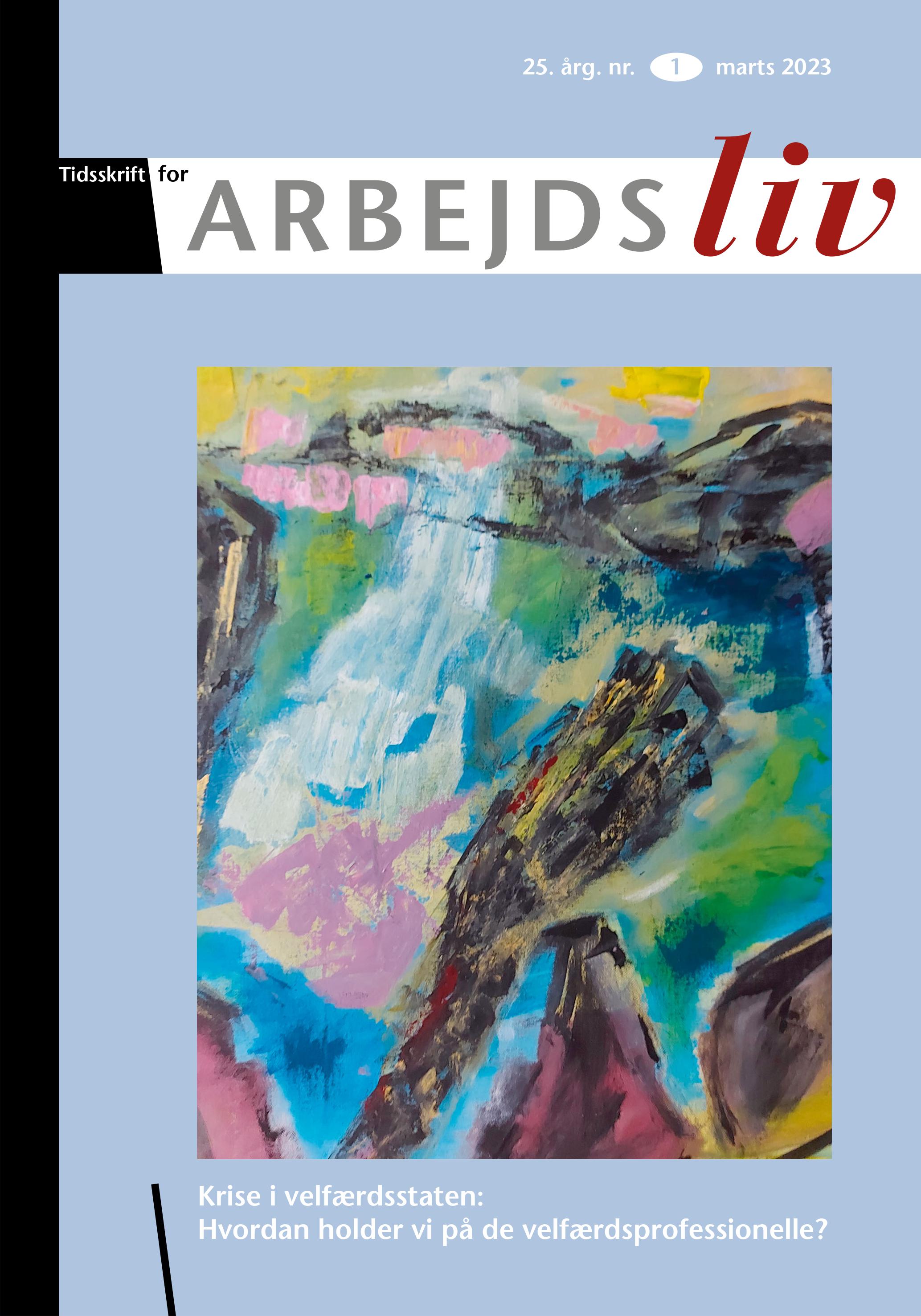Making the impossible possible
– a governmentality analysis of the work of one social nurse
Keywords:
Velfærdsprofessionelle, Socialsygepleje, Egenkontrol, Etik, Tværsektorielt samarbejdeAbstract
The social nurse is a function that is relatively new in the Danish healthcare system. The purpose of the social nurse is to reduce social inequality for socially vulnerable patients. It is difficult for socially vulnerable patients to adjust to the offers of treatment in the specialized and standardized healthcare system. The social nurses’ are for this group of patients includes holistic nursing and cross-sectional collaboration. Our aim is, through Governmentality analysis, to investigate how it is possible for the social nurse to perform this kind of practice in the healthcare system. A system characterized by fast track and specialized medical practice. We studied social nurses’ work through participant observations in 10 hospitals and chose to focus on one nurse who seemed to be a success. We discuss the informant’s work life through the concept of control. It contributes to give an impression of the informant’s ability to influence the activities of the work. Governmentality analysis’ show that professional ethics and economic rationales form the informant’s subjectivity. The social nurse is in control because she develops professional capacities and new options for action which makes it possible to work out new alternatives for treatment and reinforce the interdisciplinary collaborators’ competences.
Downloads
Published
How to Cite
Issue
Section
License
Copyright (c) 2023 Forfatteren og tidsskriftet i samarbejde

This work is licensed under a Creative Commons Attribution-NonCommercial 4.0 International License.
Forfattere, der publicerer deres værker via dette tidsskrift, accepterer følgende vilkår:
- Forfattere bevarer deres ophavsret og giver tidsskriftet ret til første publicering, samtidigt med at værket ét år efter publiceringen er omfattet af en Creative Commons Attribution-licens, der giver andre ret til at dele værket med en anerkendelse af værkets forfatter og første publicering i nærværende tidsskrift.
- Forfattere kan indgå flere separate kontraktlige aftaler om ikke-eksklusiv distribution af tidsskriftets publicerede version af værket (f.eks. sende det til et institutionslager eller udgive det i en bog), med en anerkendelse af værkets første publicering i nærværende tidsskrift.
- Forfattere har ret til og opfordres til at publicere deres værker online (f.eks. i institutionslagre eller på deres websted) forud for og under manuskriptprocessen, da dette kan føre til produktive udvekslinger, samt tidligere og større citater fra publicerede værker (se The Effect of Open Access).





